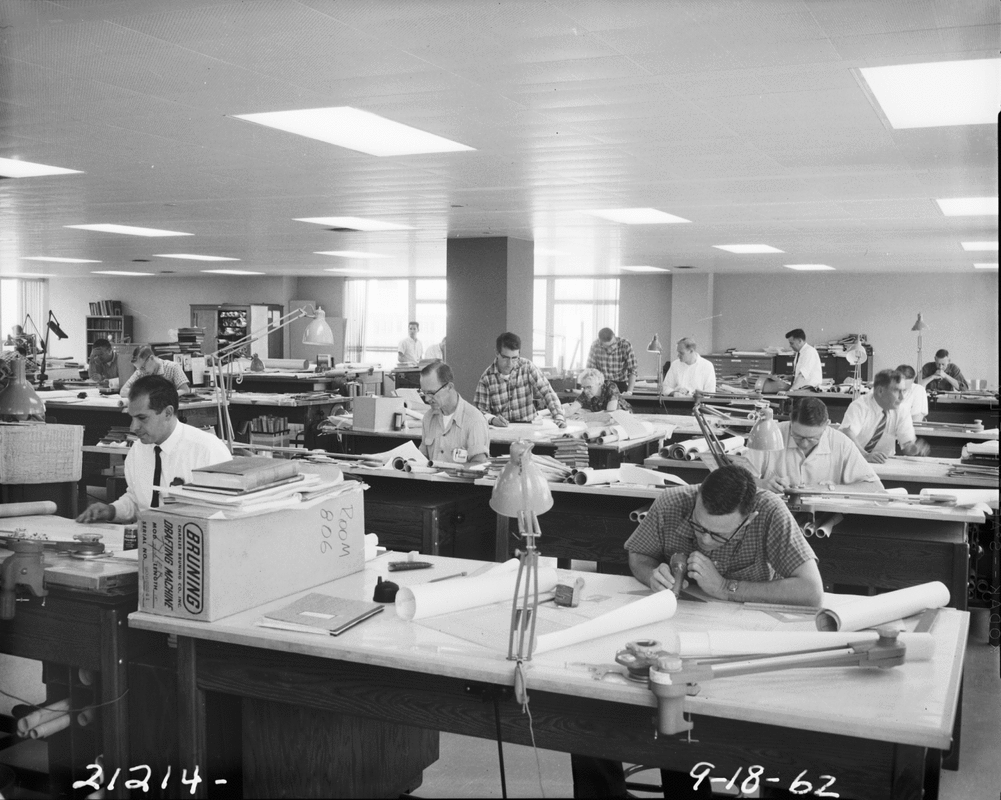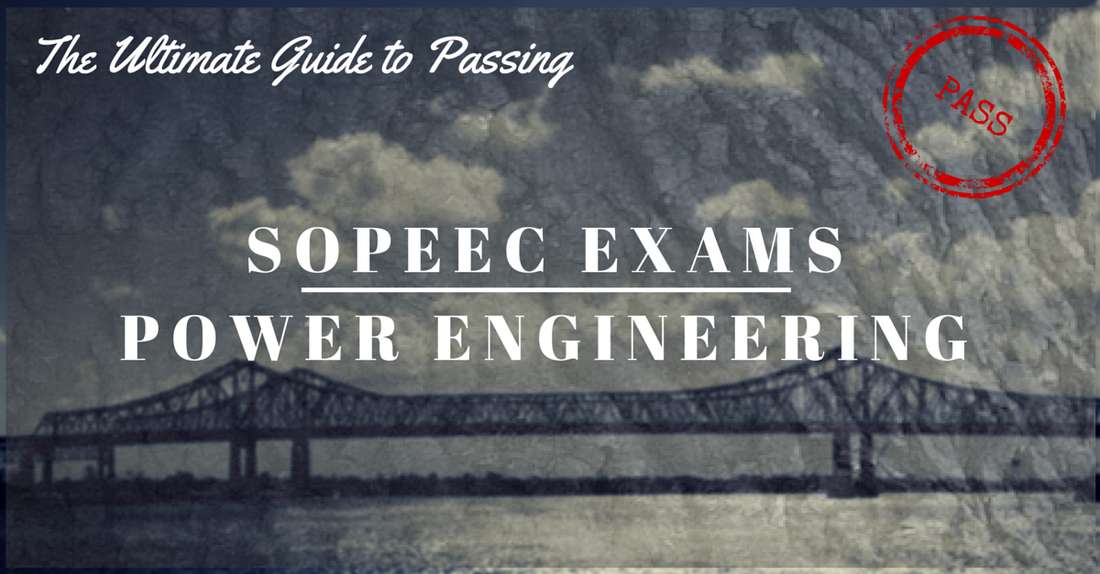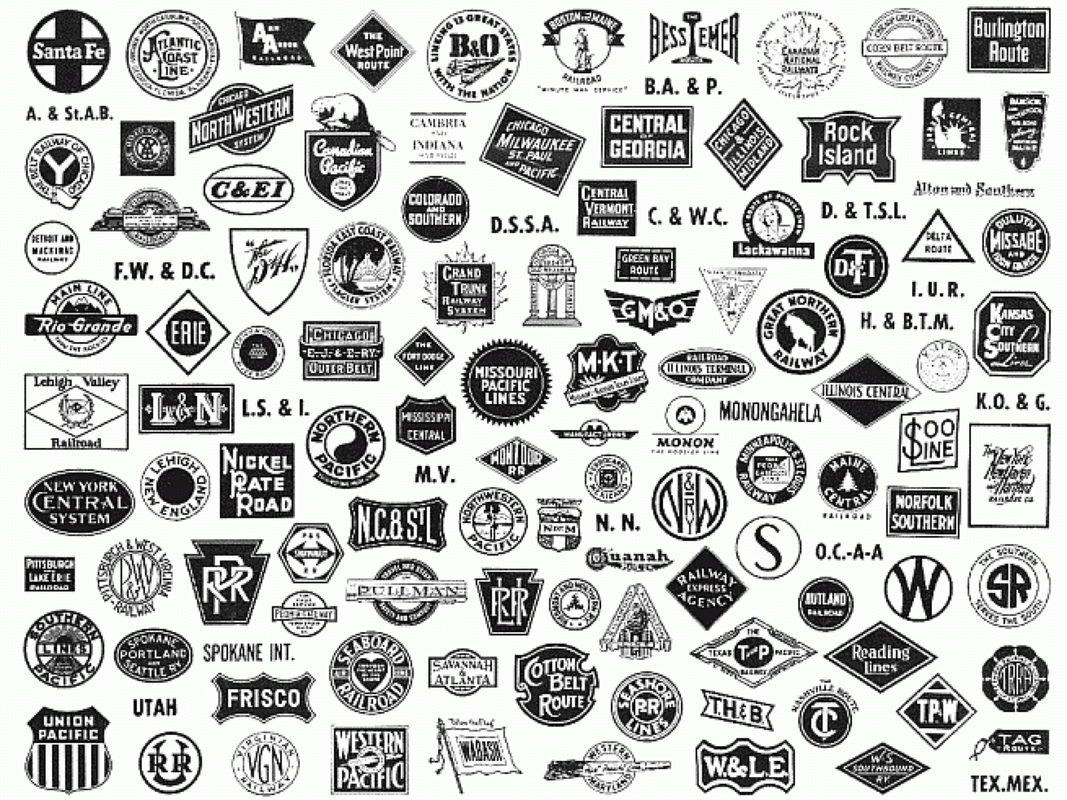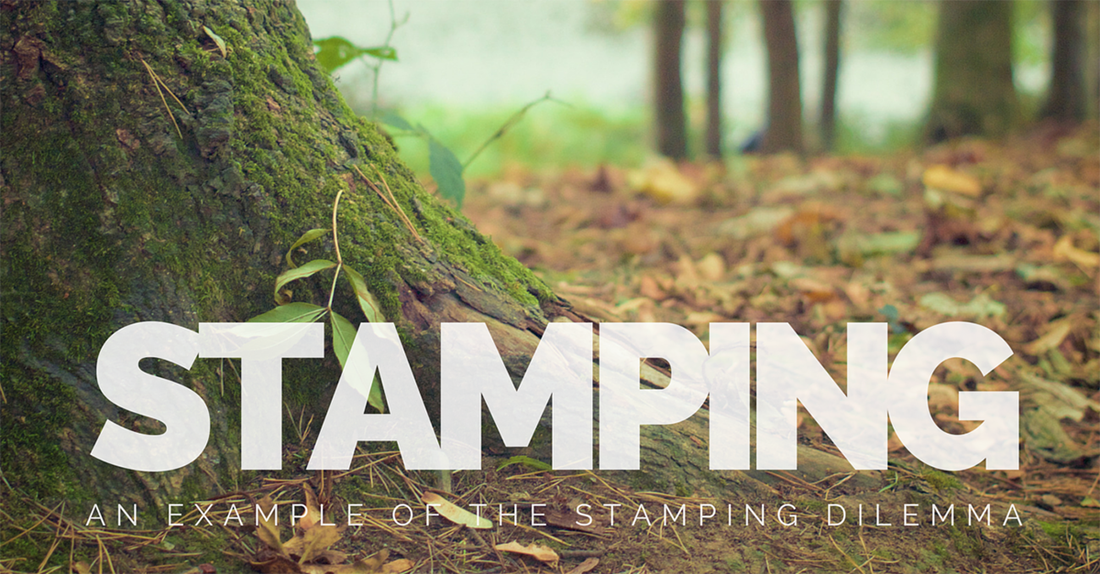Comments
The National Council of Examiners for Engineering and Surveying (NCEES) designed the Fundamentals of Engineering (FE) Exam to test the technical knowledge needed in the engineering field. It is a necessary part of becoming a professional engineer in the United States. Students take the test in the last year of their undergraduate programs or soon after graduation. It is usually not required in Canada, but if you want to practice in the U.S. you need to take it. The NCEES YouTube channel has some more helpful information about the exam.
The fundamentals of engineering exam can make or break your career as an engineer. Well that's not actually true, but it will definitely feel that way if you don't pass. No pressure, discover the pitfalls that will held you back from passing this exam, and fix problems before it happens again.
Should you get a master’s degree? This is an age-old question that seems to never go away. What are the benefits? What are the downsides? Will that extra piece of paper on your wall result in more paper in your pocket? The answers to these questions vary depending on the industry and the company you work for.
IMPORTANT: the information below is regarding the old PEO PPE exam. Please follow this link to the new PEO NPPE Exam.
Twice a year, graduating engineers at universities across Canada take part in the Ritual Calling of the Engineer Ceremony, or the Iron Ring Ceremony. This ceremony is performed by the Corporation of the Seven Wardens Inc./Société des Sept Gardiens inc.
In this ceremony, the candidate takes an obligation to perform his or her duties as an engineer in ways that protect public safety and to uphold the honor of the profession. During the ceremony, the engineer is presented with an iron ring that he or she wears on the little finger of the working hand. This ring serves as a constant reminder of the obligation. Engineers, scientists, and inventors have taken us out of the cave, into space, and beyond. Advancements in biotech, infrastructure, aerospace, geology, medicine, communications, technology, sports, and the environment contribute to making our lives easier, more productive, safer, healthier, and more interesting. This is due in no small part to the technical professionals who knew no boundaries or limits, and made a difference.
The SOPEEC exams are tough and some consider them poorly-suited to their profession. Roughly 41% of students fail the SOPEEC exams - OUCH. I studied engineering at a university in Canada and recognize the much of the materials as curated works of my 1st and 2nd year university-level engineering courses.
Yet, you must pass the exams and to make it tougher the suggested study materials do a poor job of covering the material you're tested on. So we'll pass along the tried, tested and true study methods that engineers use to pass very technical examinations in as little time as possible. But beware, the number one mistake in preparation for these exams is to simply read and review the suggested materials. For exams this challenging, the majority of preparation time must be spent working through problems just as you would in an exam. You need to get your hands dirty. Start with a question and a blank sheet of paper, work through the steps, stopping to get more information as required to work your way through problems. This is the only way to ensure a solid understanding. This is the only way to ensure you'll do well on the exam and we'll walk you through that today. But ensure you leave time for a laugh as well with these hilarious engineering jokes. Trade marks are part of the Intellectual Property family but differ from the well known patent in many ways.
Trade marks are word(s), symbols, a design or any combination of these used to distinguish goods or services. The three types of Trade marks include:
Early in my career, I worked as a project engineer for a company that designed, fabricated, and assembled compressor packages in Calgary, Alberta. We did this for domestic and even sometimes international customers.
We designed and fabricated pressure vessels, pressure piping, structural skids and mounted rotational equipment. We assembled these components and shipped them to customers. The design work was communicated by issuing drawings for the vessels, piping and skids and also included process and instrumentation diagrams, and what we called service flow diagrams as well. Occasionally we were asked to stamp or authenticate the design and we always argued which diagrams we should be stamping. |
COUNTRY |
Free Resources |
Support |
company |
PPE Headquarters, All rights reserved.











